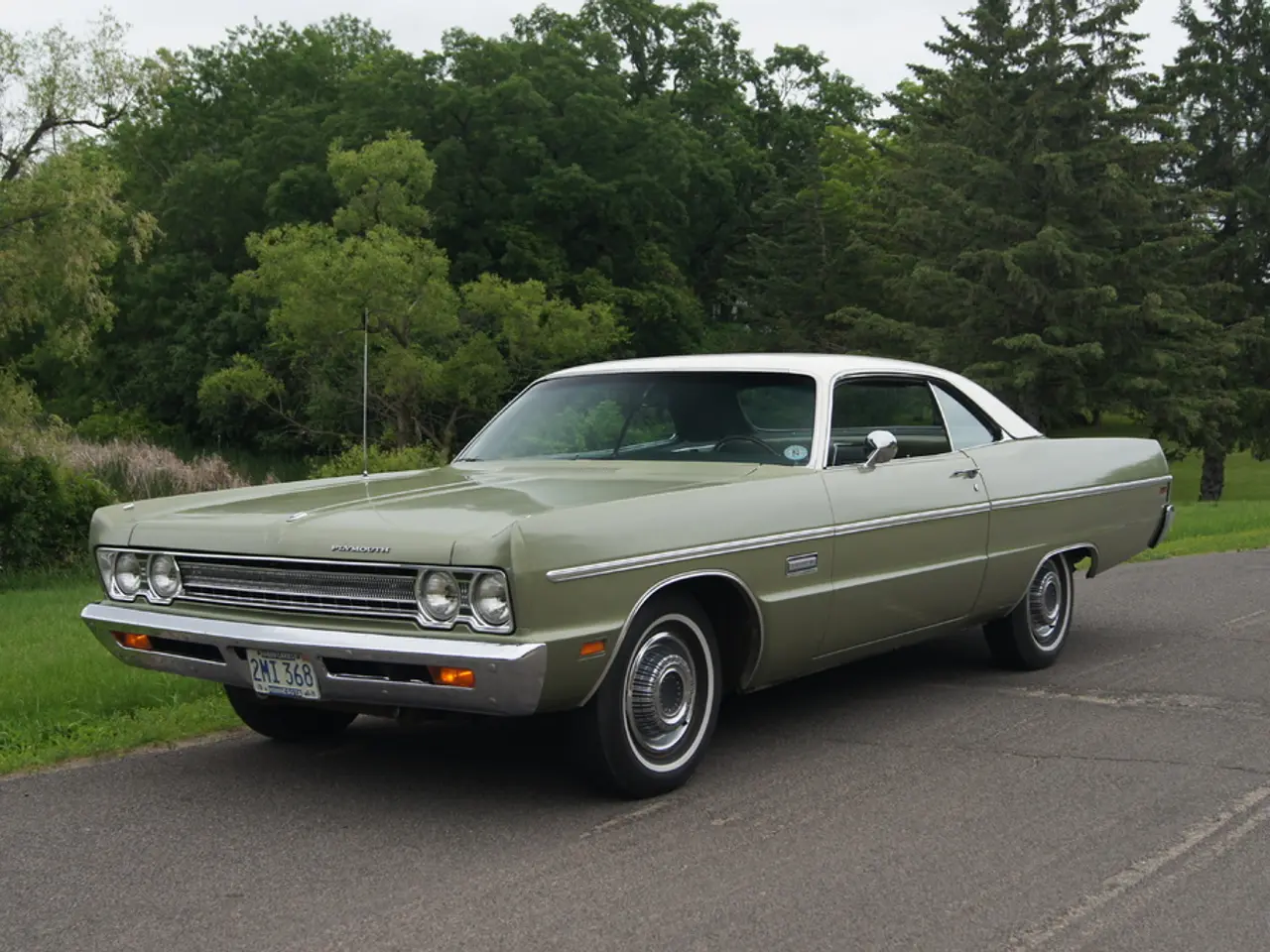Carbon Neutral Label Dropped by Grab Due to Offsetting Methods
Grab Rebrands Carbon Offsetting Scheme as "Green Programme"
In a move aimed at broadening its environmental efforts, ride-hailing and food delivery giant Grab has rebranded its carbon offsetting scheme as the "Green Programme" across all its markets in Southeast Asia.
The change comes after criticisms from environmental watchdogs, including RimbaWatch, who had questioned the credibility of Grab's initiative. Notably, Grab has dropped the term "carbon neutral" from its controversial offsetting scheme.
The Katingan Mentaya carbon project, a top-rated initiative listed on carbon exchanges such as Bursa Malaysia's Carbon Exchange and Temasek-backed Climate Impact X in Singapore, forms a key part of Grab's offsetting scheme. However, the scheme has faced scrutiny over its effectiveness, particularly the use of carbon credits from the Katingan Mentaya peatland restoration project in Central Kalimantan. Greenpeace investigations found this project to be ineffective at reducing emissions.
Despite these concerns, Grab maintains that its priority has always been to act responsibly and provide transparent information. The company states that its Green Programme enables its customers to neutralize the emissions of their travel or deliveries for a fee of S$0.10 (US$0.07) per trip. Since 2021, this scheme claims to have avoided 380,000 tonnes of greenhouse gas emissions through the purchase of carbon credits from Katingan Mentaya.
Grab's commitment to environmental efforts remains unwavering, as evident in its 2040 carbon neutrality pledge, which is prominently displayed on its website. The company's decision to rebrand its carbon offsetting scheme could reflect a shift toward a more comprehensive environmental or sustainability strategy beyond carbon neutrality, encompassing other green practices or initiatives.
The practice of promoting an activity or product as carbon neutral solely based on the use of offsets has been explicitly banned by both the EU and the UK. As regulatory scrutiny over greenwashing increases globally, companies often avoid using the term "carbon neutral" in branding. The latest change in Grab's scheme reflects its broader environmental ambition.
However, it's important to note that RimbaWatch, among others, has raised concerns about carbon offsetting being a common form of greenwashing in Southeast Asia. The EU Green Claims Directive, currently working its way through the EU's legislative system, is expected to bring about closer scrutiny of corporate green claims globally, particularly on the use of carbon offsets.
Grab refuted charges that the name change was prompted by upcoming regulations like the European Union's Green Claims Directive. The company emphasizes that carbon offsetting is considered a legitimate financial instrument for long-term environmental good. Permian Global, the carbon finance firm managing the Katingan Mentaya project, has also defended its climate impact, rejecting allegations of ineffectiveness.
Grab operates in eight Southeast Asian countries, including Malaysia, Indonesia, Thailand, and the Philippines. With this rebranding, Grab aims to reinforce its commitment to environmental sustainability and transparency, positioning itself as a leader in responsible business practices in the region.
- The EU Green Claims Directive, aimed at scrutinizing corporate green claims, particularly on the use of carbon offsets, is currently underway in the EU's legislative system.
- Grab, in rebranding its carbon offsetting scheme as the "Green Programme," has dropper the term "carbon neutral" from its initiative, signaling a possible shift towards a more comprehensive environmental or sustainability strategy.
- RimbaWatch and other environmental watchdogs have raised concerns about carbon offsetting being a common form of greenwashing in Southeast Asia, a practice Grab has refuted.
- Despite concerns about the effectiveness of carbon offsetting and allegations of greenwashing, Grab maintains that its commitment to environmental sustainability remains unwavering, as evident in its 2040 carbon neutrality pledge.




